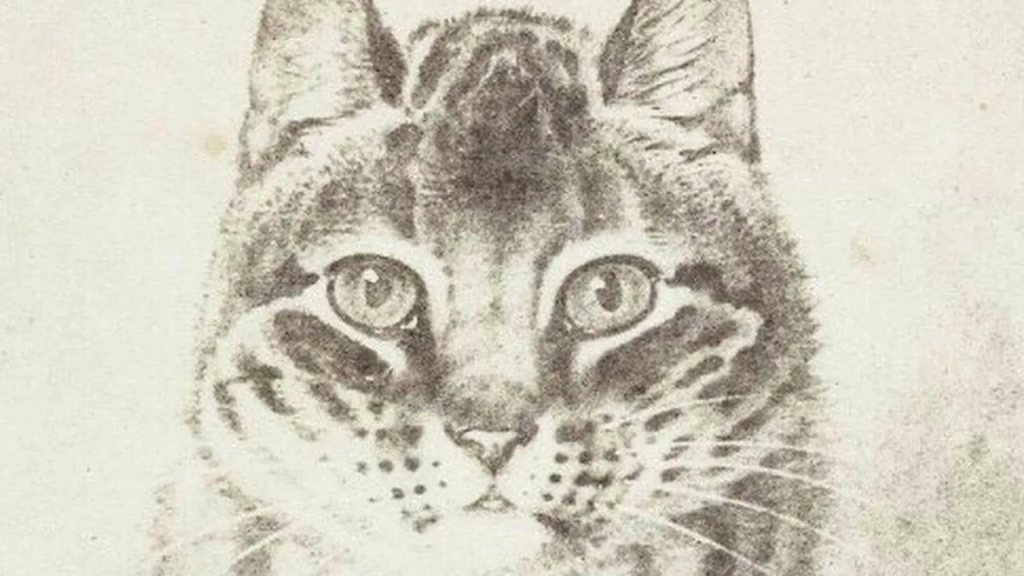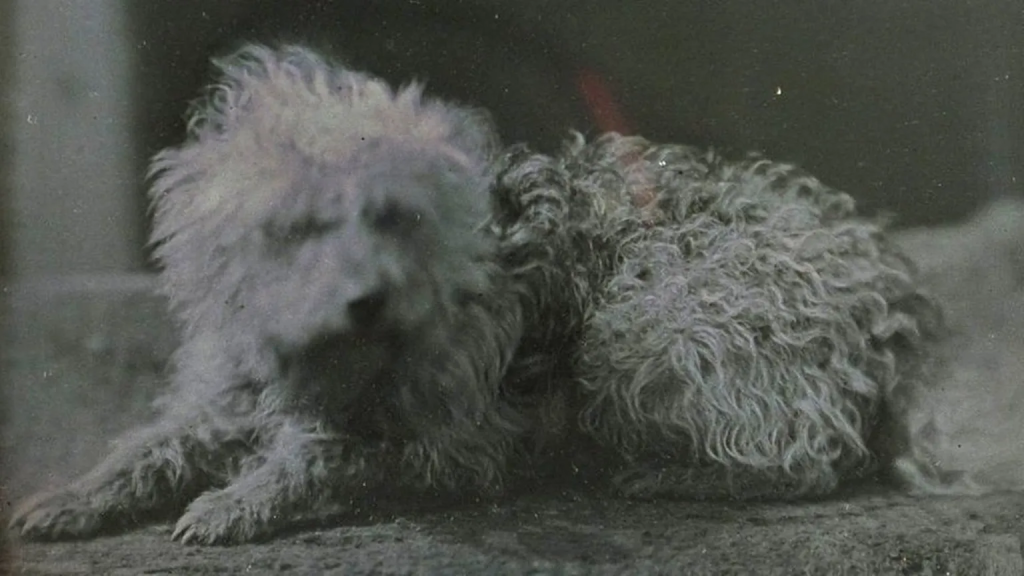The National Science and Media Museum in Bradford has unveiled what are believed to be some of the earliest pet portraits captured on camera. Dating back to the 1830s, these images include a print of a cat by photography pioneer William Henry Fox Talbot and a 1847 photo of author Mary Mitford’s dog, which lay still for four minutes for the image to be captured.

Pioneer William Henry Fox Talbot used negatives to create photographic images, known as calotypes

Famous author Mary Mitford was an early adopter of the pet portrait – including this one of her dog
Fox Talbot’s cat image was created using the calotype process, reproducing “A Favourite Cat” by JM Burbank, an artist renowned for his animal pictures during the 1830s in Britain. Curator Ruth Quinn highlighted the use of various photographic processes over the years to immortalise beloved pets, such as calotypes and daguerreotypes.

This dog, caught on a daguerreotype portrait, clearly did not want to stay still for the camera
Daguerreotypes, developed by Louis Jacques Mande Daguerre, produced single images printed directly onto silvered plates with remarkable clarity. Meanwhile, the “cabinet card” trend emerged, featuring small images on card designed for sharing with family and friends.

So called “cabinet cards”, like this one of a cat, became a popular way of sharing images of pets
Despite the evolution of photography, the impulse to capture cherished pets endures. While the museum undergoes renovations, examples from its collection continue to be shared online.











